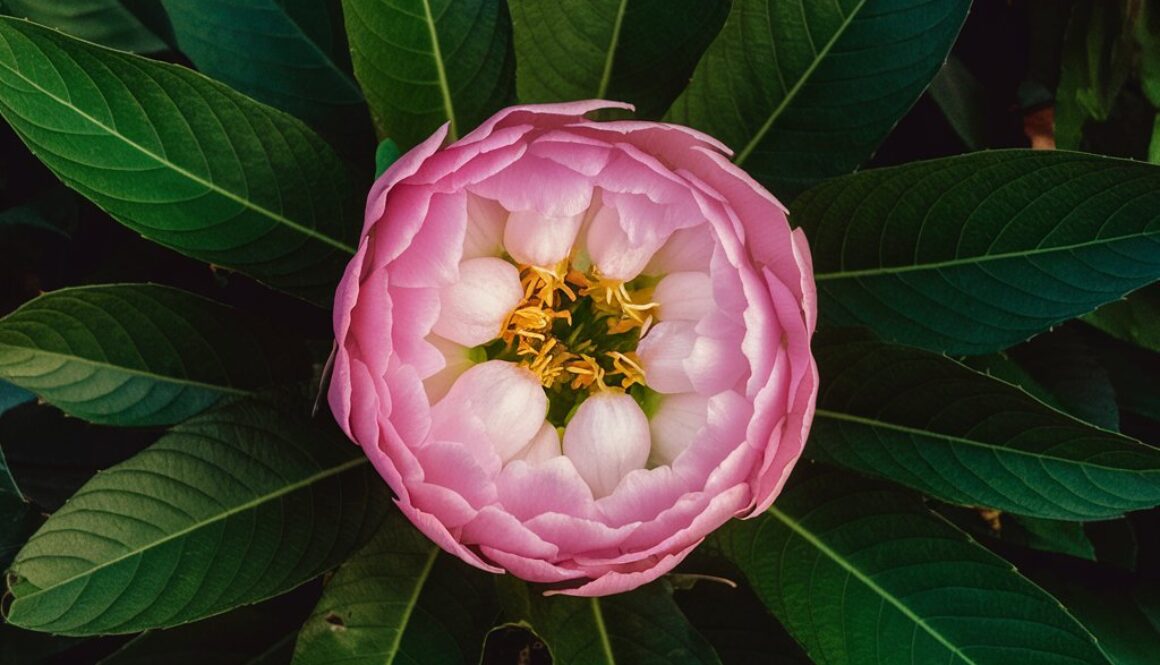Lunwa
Lunwa, also known as Lion’s Ear or Honey Flower, is a perennial flowering plant native to tropical regions of Africa and Asia. Scientifically classified as Leonotis nepetifolia, Lunwa belongs to the mint family, Lamiaceae. This plant is valued for its striking orange or red tubular flowers, which attract pollinators like bees and butterflies. In traditional medicine, Lunwa has been used for its purported medicinal properties, and it is also grown as an ornamental plant in gardens and landscapes.
Part Used: The primary part of the Lunwa plant used for medicinal purposes is its leaves and flowers. These parts contain various bioactive compounds, including alkaloids, flavonoids, and terpenoids, which are believed to have anti-inflammatory, analgesic, and sedative effects. The leaves and flowers are harvested and dried for use in herbal preparations, including teas, tinctures, and poultices.
Usage: Lunwa is traditionally used in herbal medicine to alleviate symptoms of pain, inflammation, and anxiety. The leaves and flowers can be brewed into a tea or infused in hot water to make a soothing herbal drink. This infusion is believed to have calming properties and is often consumed to promote relaxation and relieve stress. Additionally, Lunwa poultices or compresses can be applied topically to painful or inflamed areas of the body to reduce swelling and discomfort. Some traditional remedies also utilize Lunwa as a natural remedy for insomnia and other sleep disorders.
Agrotechniques: Cultivating Lunwa requires a warm, tropical climate with well-drained soil and plenty of sunlight. The plant is relatively low-maintenance and can tolerate drought conditions once established. Lunwa can be propagated from seeds or stem cuttings, with planting typically done in spring or early summer. Regular watering and occasional fertilization promote healthy growth and flowering. Pruning can help shape the plant and encourage bushy growth. Lunwa plants should be protected from frost during colder months, as they are sensitive to low temperatures. Overall, cultivating Lunwa provides both aesthetic beauty and potential medicinal benefits for those seeking natural remedies for various health concerns.

